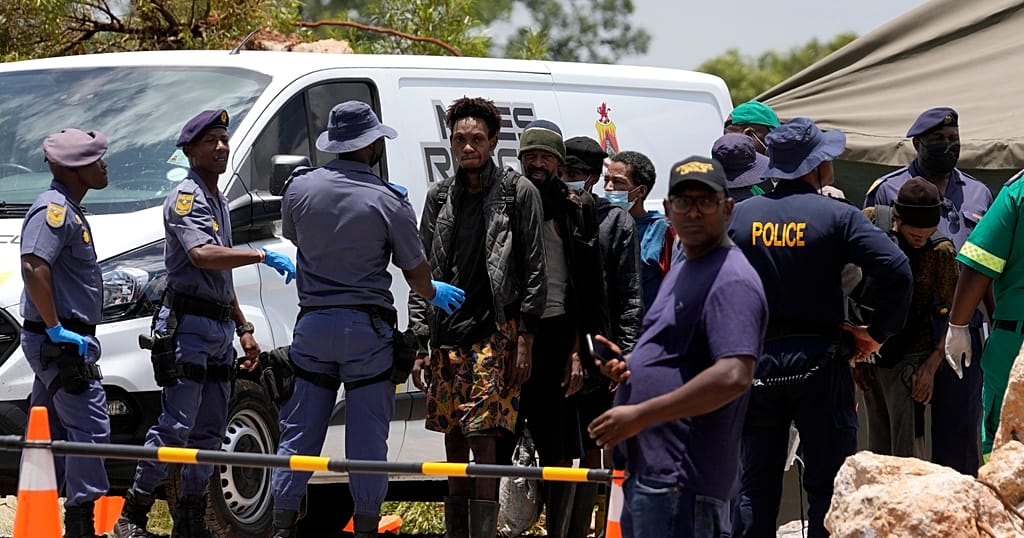Ugandan health advocates are urging men to take a more active role in family planning, citing low male involvement as a major obstacle to progress in reproductive health. For decades, women have shouldered the burden of family planning, with cultural norms often excluding men from direct participation in contraception. This has resulted in women bearing the stigma and health risks of contraceptive use, while men retain control over finances and family size decisions.
To address this issue, Reach A Hand Uganda (RAHU) launched the MenPlus Project in 2019, in partnership with Reproductive Health Uganda and private clinics. The project aims to redefine men’s roles in family planning, positioning them as users, partners, and champions. By June 2024, MenPlus had facilitated 668 vasectomies, 870 bilateral tubal ligations, and thousands of insertions of implants, IUDs, and injectables, estimated to have averted 2,334 unintended pregnancies, 688 abortions, 524 unsafe abortions, and 60 maternal and child deaths.
Despite these gains, vasectomy uptake in Uganda remains low, at just 0.6% of the national contraceptive method mix. Advocates attribute this to myths about masculinity and sexual performance, as well as limited access to trained providers in rural areas. To counter these barriers, MenPlus has employed innovative community engagement strategies, including peer testimonies and conversations in public spaces.
RAHU officials emphasize that family planning is a shared responsibility, and that men’s involvement is crucial to improving outcomes for women, families, and communities. The organization is calling for broader investment to scale successful models, including transforming clinics into “centers of excellence” for vasectomy services and expanding rural provider capacity.
As Uganda targets universal health coverage under Vision 2040, advocates stress that male participation in family planning must be prioritized. On World Contraceptive Day, RAHU is urging men to step forward as equal partners, and policymakers to channel more resources into male-centered initiatives. By promoting male involvement in family planning, Uganda can make significant strides towards improving reproductive health and achieving its development goals.



